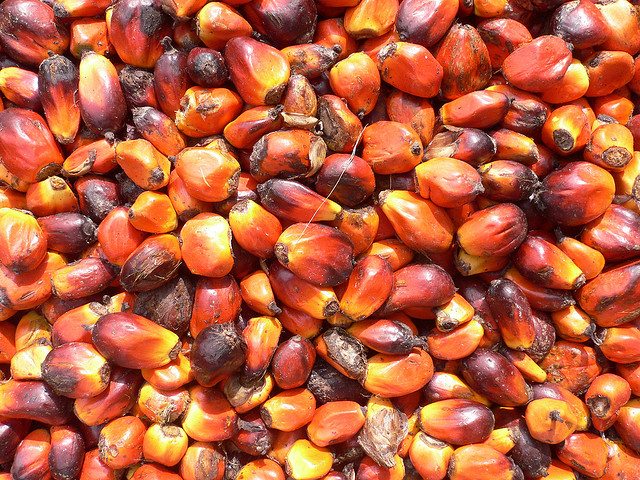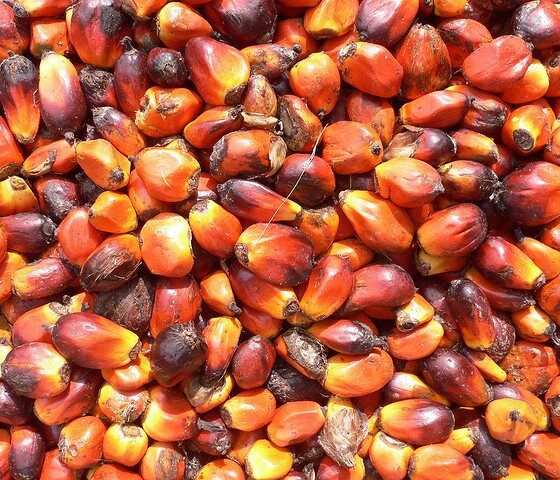

Environment
Palm oil producers urged to commit to sustainability to safeguard investment
With representatives from across the supply chain meeting in London on Wednesday for a summit on the palm oil industry, signatories of the UN-supported Principles for Responsible Investment (PRI) have urged producers to adopt less environmentally damaging practices.
Palm oil is the most widely used vegetable oil in the world, and can be found in around half of all packaged consumer products in Europe and the US.
However, many producers have a devastating environmental footprint, as they are responsible for deforestation and the destruction of vulnerable habitats around the world. Some have also been accused of human rights offences and clashes with local communities.
In a new statement, the PRI’s Sustainable Palm Oil Investor Working Group (IWG) has urged all palm oil producers to commitment to ending deforestation, development on peat lands and violations of human rights.
“The significant growth and accompanying globalisation of the palm oil industry means that producers must once and for all put aside the slash and burn mentality of their early years”, said Mark Mills, partner at Generation Investment Management and chairman of the IWG.
“They must now adhere to environmental, social and governance practices which will ensure their license to operate and safeguard the capital provided by the industry’s increasingly global investors.”
As an example, the IWG praises the efforts of some major produces, such as Wilmar International, to embrace sustainability.
Wilmar, which produces or trades around 45% of the world’s palm oil supply, has committed to ensuring its produce is deforestation-free.
“Commitments such as those made by Wilmar provide a positive signal and direction for the rest of the industry”, Mills added.
The working group’s statement was timed to coincide with a meeting of the Roundtable on Sustainable Palm Oil (RSPO) in London on Wednesday.
The RSPO is an association of palm oil companies, consumer goods manufacturers, retailers, banks, investors, and NGOs.
At the event, the World Resources Institute (WRI) released accessible maps for all RSPO certified palm oil concessions through its pioneering Global Forest Watch platform. The maps encompass over 1.6 million hectares of palm oil concessions across five countries.
“Combining RSPO data with the power of Global Forest Watch marks a new era of transparency for the palm oil sector”, said Darrel Webber, secretary general of the RSPO.
“By releasing maps showing all certified palm oil plantations, RSPO member companies are inviting business partners, governments, and the public to ensure their operations protect forests and communities where palm oil is produced.”
In 2012, RSPO certified producers accounted for 12% of all palm oil. However, in November it was revealed that 16 of the palm oil firms that signed up to the RSPO failed to meet its environmental and social standards.
Photo: oneVillage Initiative via Flickr
Further reading:
Global Forest Watch: Deforestation tool launched ‘to change how businesses manage forests’
Storebrand to divest from unsustainable palm oil firms
Palm oil giant Wilmar commits to sustainable sourcing
Unilever leads the way in aiming to use only ‘traceable’ palm oil


 Features11 months ago
Features11 months agoEco-Friendly Cryptocurrencies: Sustainable Investment Choices

 Energy11 months ago
Energy11 months agoThe Growing Role of Solar Panels in Ireland’s Energy Future

 Energy10 months ago
Energy10 months agoGrowth of Solar Power in Dublin: A Sustainable Revolution

 Energy10 months ago
Energy10 months agoRenewable Energy Adoption Can Combat Climate Change




























